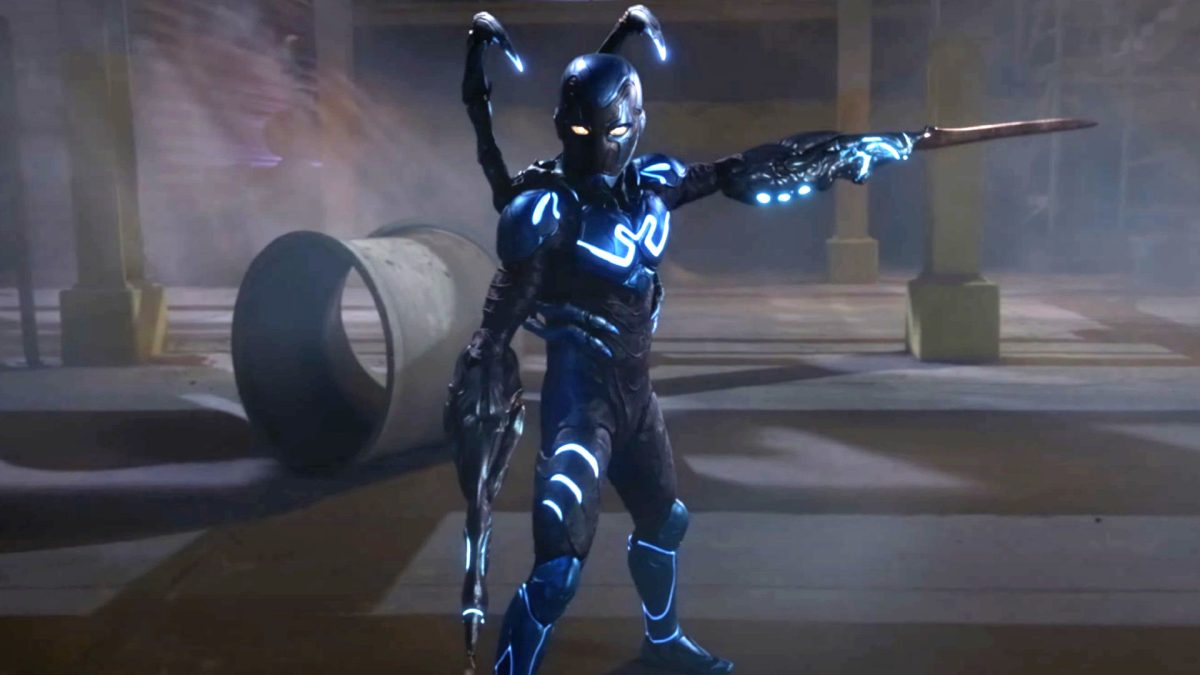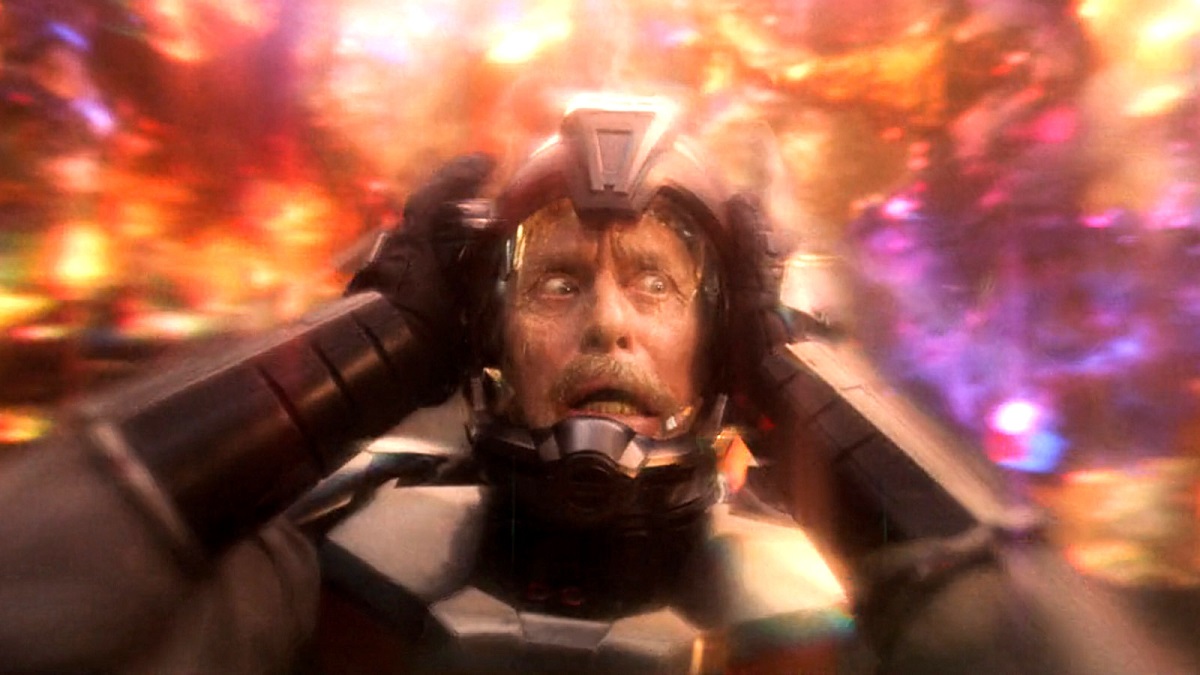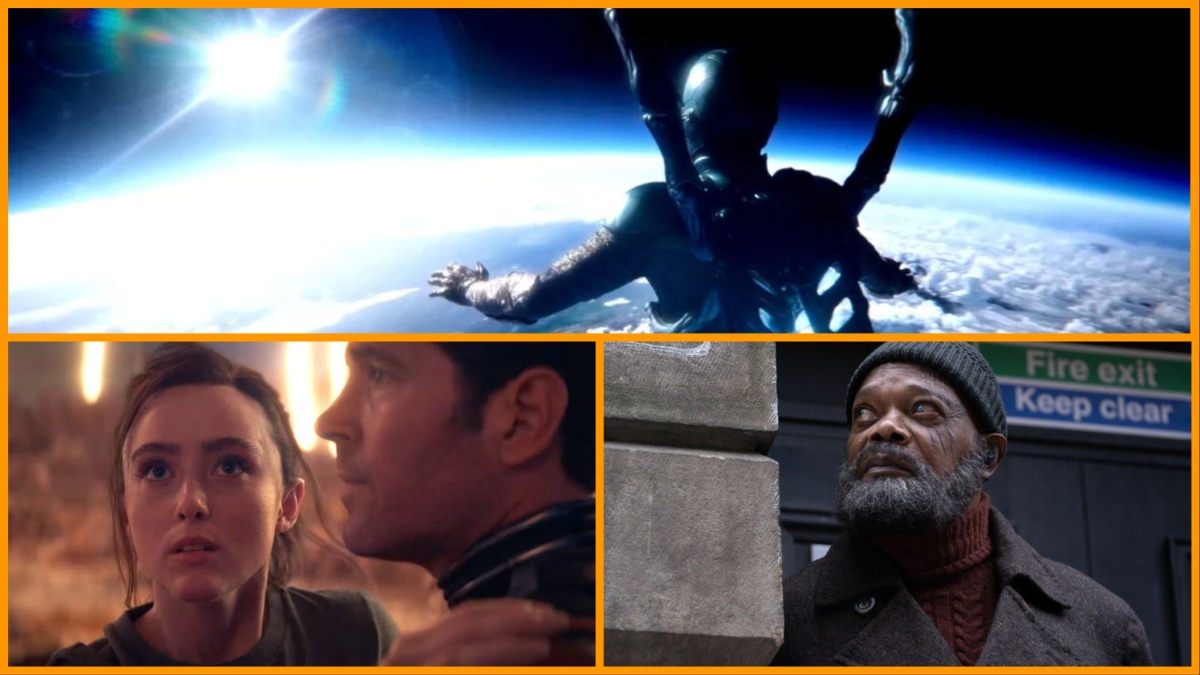For those of you that haven’t been keeping up with the news, the Marvel Cinematic Universe isn’t doing especially hot right now. Ever since coming off the high of Spider-Man: No Way Home, the franchise has found itself in a bit more precarious of a position than it would probably prefer.
Credit where credit is due, Black Panther: Wakanda Forever, Moon Knight, Ms. Marvel, She-Hulk: Attorney at Law, and Guardians of the Galaxy Vol. 3 have all been positively riveting entries as far as Marvel’s current state of affairs goes. Unfortunately, an inability to break free of its woeful approach to third acts (of which roughly four of the five aforementioned projects suffer from immensely) and a slew of recent letdowns like Doctor Strange in the Multiverse of Madness, Thor: Love and Thunder, Ant-Man and the Wasp: Quantumania, and Secret Invasion hasn’t done Marvel’s reputation any favors, and it’ll have to really buckle down and steady the boat if it wants to see a future beyond the Multiverse Saga.
Except, that’s not really true at all; so long as the MCU keeps raking in ticket sales and streaming numbers, the Kevin Feige train will remain full-speed ahead. Even Quantumania and Secret Invasion, two marked low points for the franchise as a whole, were still moderately successful, with Quantumania earning back more than double its production budget and Secret Invasion still on the rise on the charts despite the show having ended back in July.
You could maybe chalk it up to superhero content being widely accessible to almost all audiences, but you’d be remiss to ignore the fact that, at the moment, Marvel is absolutely untouched in the realm of serialized storytelling. Indeed, when your mythos is as expansive and front-and-center as the MCU and subsequently blossoms into the worldwide cultural phenomenon that it is, it doesn’t matter if your content begins to get comfortable with mediocrity; at the end of the day, your audience still feels like they’re a part of something, and sifting through the trash in hopes of fully appreciating that next high point is a concession they’ll happily make.
But, what if, hypothetically speaking, of course, there was another, absolutely mammoth superhero collection waiting to be given the proper justice on the big screen? What if, hypothetically speaking, one of the most brilliant comic book filmmakers of our time was given the keys to that collection and also had every intention of crafting a multimedia cinematic universe whose current roadmap already looks unprecedentedly delectable? And, what if, hypothetically speaking, the very first glimpse we got of this mythos-in-the-making — perhaps an origin story film for a character like DC Comics’ Blue Beetle — breathed such an impossibly refreshing life into the superhero genre, that we’ve been left ecstatically dreaming of what we could be in for once this still-dormant franchise finds its way to cinemas and streaming queues?
Well, folks, if that were the case, I’d say Marvel would be wise to realize that its monopoly on cinematic universes isn’t quite as untouchable as it might think, and if Blue Beetle is any indication of what James Gunn and company are cooking up, Marvel won’t be able to take such a haphazard, stentorian approach to its shows and films anymore, lest DC show it up to an embarrassing degree with their superior storytelling and characterization. And, spoiler alert, nothing in the above paragraph is hypothetical.

Indeed, those claims that Blue Beetle is the best DC film since the Dark Knight duology aren’t unfounded. Despite still occasionally falling into genre traps that, let’s face it, are probably studio-mandated, Blue Beetle all but pulverizes its missteps by giving as much power as it can to its unique strengths, whether that’s its smaller — and, by extension, more personal — stakes, a starkly genuine emotional core brought on by Jaime’s relationship with his family, or the marked cultural identity that intelligently permeates every nook and cranny of the film, most notably the space that Jaime finds himself occupying on both a literal and subtextual level. Coupled with a tight script full of effective and measured humor and a slew of excellent performances spearheaded by Xolo Maridueña, Blue Beetle reigns supreme.
Contrast that with the current plight of the MCU, which seems to have entered the diminishing returns phase of the franchise lifecycle as it continues pressing its nose to the wrong grindstones; indeed, as its focus seems to shift more and more towards upping the collective stakes, going bigger and more explosive than last time, and obsessing over laying claim to the next big spectacle, crossover, or cameo, the fundamentals of storytelling are getting left in the dust. At this trajectory, bad third acts may prove to have just been the beginning.

Personally, I want to see a world where Marvel and DC both thrive to the fullest on the back of healthy competition, a penchant for storytelling, and a love for all of these colorful capes and crusaders that generations of fans have fallen in love with for, in the case of some heroes, nearly a century now. But, I and many others would be forgiven for thinking that, unless the Gunnverse keeps adding more and more hearty logs to the bonfire started by Blue Beetle, Marvel won’t have much incentive to pull itself out of the one-step-forward, two-steps-back pattern it seems to be finding itself in right now, as its current position in the industry effectively makes it impossible for it to lose money.
So, in a way, Gunn may not actually be Marvel’s biggest threat at the moment; hell, he may not even be a threat at all. What he could be, in actuality, is the man who saves the MCU just as deftly as he’s probably going to save DC’s cinematic endeavors. Let’s not forget that the guiding hand of Gunn has gifted us six fantastic comic book adaptations already, and having a man like that at the very top of a cinematic universe’s food chain spells only the best omens for the franchise’s storytelling qualities. And maybe that daunting competition is exactly the kick in the pants Marvel will need to step back, take a deep breath, and sincerely follow suit in that department once its exclusive status becomes obsolete.
At the end of the day, the best of the comic book film fandom will be cheering for the MCU to shine brightly alongside its rival-in-the-making; we can only hope it cheers enough for itself to try and do so.

